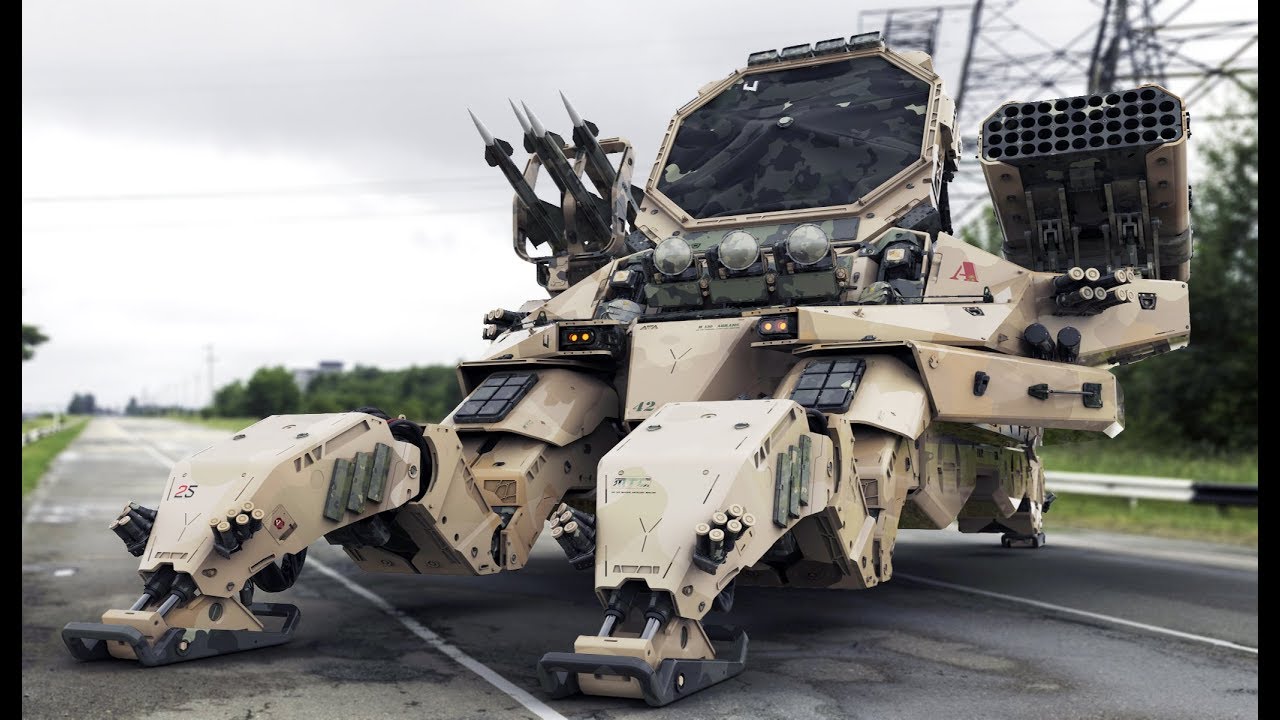Bangladesh Military News
US Army Advancing Robotics

United states army advancing its autonomous robot fleets designed for military applications. Researchers at the US Army Research, Development and Engineering Command (RDECOM) Research Laboratory (ARL) , Boston Dynamics are working to develop a fully autonomous robot system capable of making the decision to engage with the target . Pentagon started ” Mobile Autonomous Robot Software” research program in December 2003.
In 2007, the Israeli military deployed the Sentry Robot Gunner system, the Roeh-Yoreh (Sees-Fires) along the Gaza border fence. The Lockheed Martin and Boeing Developed XM1219 Armed Robotic Vehicle what was anti-tank and anti-personnel, reconnaissance, and target acquisition platform was cancelled in July 2011 over mobility concerns.
Boston Dynamics and Future of US Robot Army
Japanese ” Softbank” Owned subsidiary Boston Dynamics ” a spin of from Massachusetts Institute of Technology already developed BigDog a dynamically stable quadruped military robot for US Military with funding from Defense Advanced Research Projects Agency (DARPA) .
Another DARPA funded Boston Dynamics create humanoid robot Atlas (6 ft) robot is designed for a variety of search and rescue tasks. in 2017 and 2018 Boston Dynamics released an update video shown jumping on boxes, turning 180 degrees while jumping and performing a backflip and running across grass on an uneven terrain as well as jumping over a log lying on the grass.
Military robots are already in action in the form of autonomous drones, weapons, and UAVs. Autonomous robotics would save and preserve soldiers’ lives by removing serving soldiers, who might otherwise be killed.
- DRDO Daksh
- D9T Panda, Israel
- Elbit Hermes 450, Israel
- Goalkeeper CIWS
- Guardium
- IAIO Fotros, Iran
- PackBot
- MQ-9 Predator B
- MQ-1 Predator
- TALON
- Samsung SGR-A1
- Shahed 129, Iran
Concern Also raised against autonomous weapon system. 1,000 experts in artificial intelligence signed a letter calling for a ban on autonomous weapon system signed by Stephen Hawking, Elon Musk, Steve Wozniak, Noam Chomsky, Skype co-founder Jaan Tallinn and Google DeepMind co-founder Demis Hassabis .
Refarences :